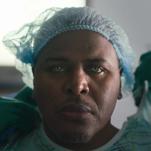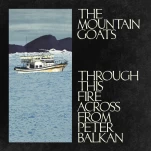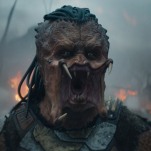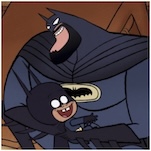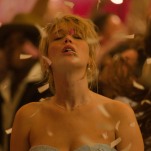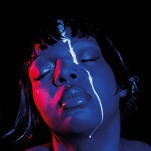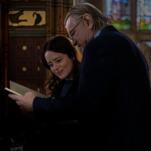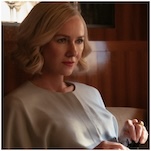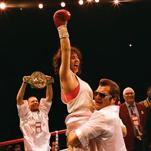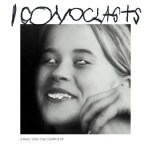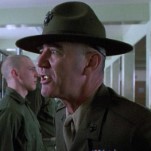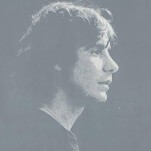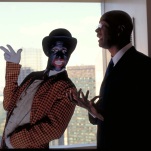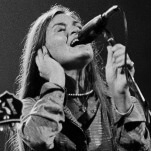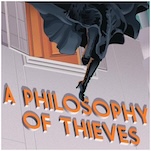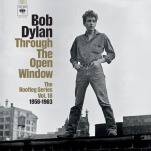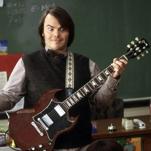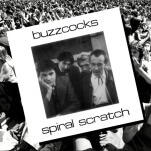Film School: Clarence Muse
Subscriber Exclusive
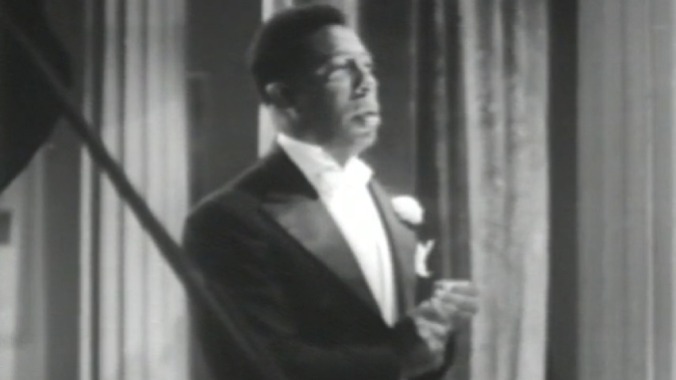
Welcome to Film School! This is a column focused on movie history and all the stars, filmmakers, events, laws and, yes, movies that helped write it. Film School is a place to learn—no homework required.
Man (Uncredited). Singer (Uncredited). Carter (Uncredited). Entertainer (Uncredited). Henry—Hotel Porter (Uncredited). Porter (Uncredited). Porter on Train (Uncredited). Kyba. Frank (Uncredited). Porter (Uncredited). Hotel Porter (Uncredited). Porter (Uncredited). Ben—Bank Janitor (Uncredited). Porter. Porter (Uncredited).
Clarence Muse was a true multi-hyphenate. He was a composer. He could sing opera. He had a law degree. He ran a theater. He wrote sketches and plays and stories. He was the first African-American Broadway director. Most prominently of all, he was an actor—and one full of talent, charm and gravitas. Because he was a Black actor who worked in Hollywood during the classic era, however, the monumentally talented Muse was rarely given roles that were worthy of him.
That opening list of parts did not come from when he was just starting out, but 15 years into his movie career. There wasn’t any real trajectory for him, no bigger roles as he became more well-known; in his whole time as a classic Hollywood mainstay, for every part that gave him something significant to do, there were five that largely involved a few minutes of him carrying plates or luggage for the film’s white stars.
Clarence Muse had established himself as a popular stage personality long before Hollywood came a-calling. When it did, in 1929, to ask him to star in the first all-Black feature musical Hearts in Dixie, he requested the then-exorbitant weekly paycheck of $1,250, assuming he’d be turned down. He was not, and thus began a long, complicated relationship with the movies.
-

-

-

-

-

-

-

-

-

-

-

-

-

-

-

-

-

-

-

-

-

-

-

-

-

-

-

-

-

-

-

-

-

-

-

-

-

-

-

-

